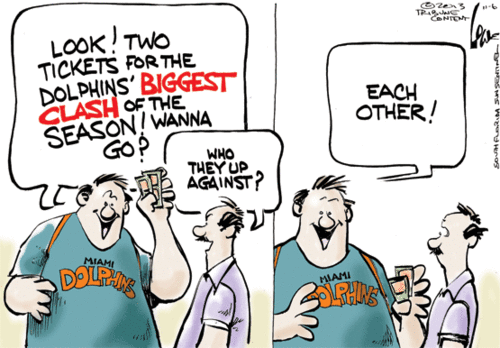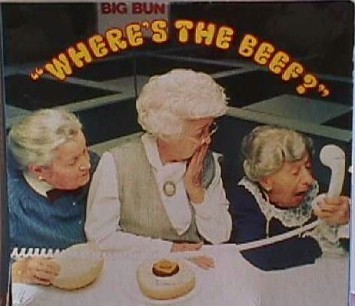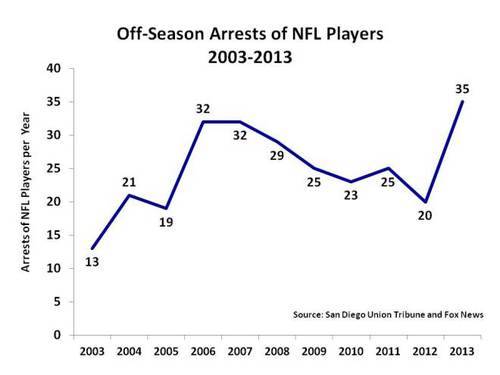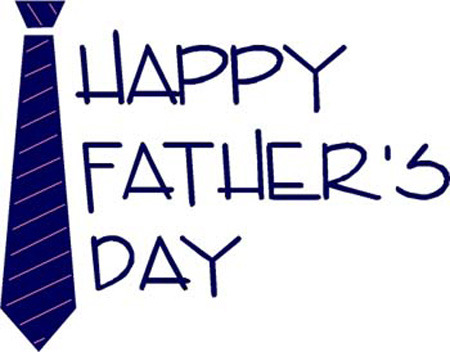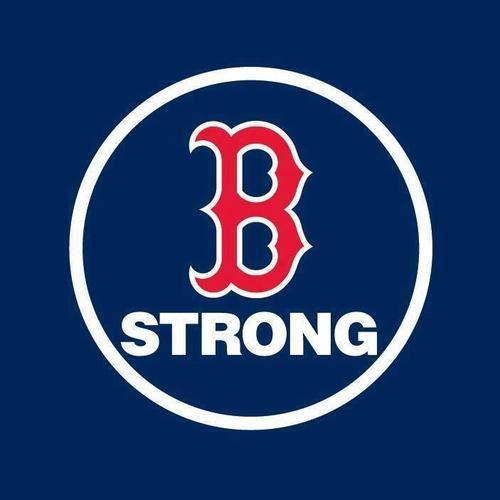 Last year, I had great responses from a blog post and survey about TIME’s Person of the Year, so I decided to revisit the topic as we start to look back on the people and events that shaped the news in 2014.
Last year, I had great responses from a blog post and survey about TIME’s Person of the Year, so I decided to revisit the topic as we start to look back on the people and events that shaped the news in 2014.
My interest in this began a few years ago when my Aunt Rosie told me of a great Thanksgiving tradition: After the big meal, her family discusses who should be named TIME‘s Person of the Year. So for the second year in a row, I have decided to offer up the question as a topic for readers of my blog and have included a survey in this post. I have suggested a few nominees, and you can vote for one of them or write-in your own.
Quick background: TIME named Charles Lindbergh its first “Man of the Year” in 1927, and each year since has featured a person, group, idea, or object that “for better or for worse has done the most to influence the events of the year.” Previous winners have included U.S. presidents, world leaders, executives, scientists, and bad guys like Hitler, Stalin, and Ayatollah Khomeini. Concepts and groups win too. “The American Soldier” won in 2003; “The Protestors” (representing the Arab Spring, Tea Party, and Occupy movements) were named in 2011. Last year, TIME recognized Pope Francis.Read More


